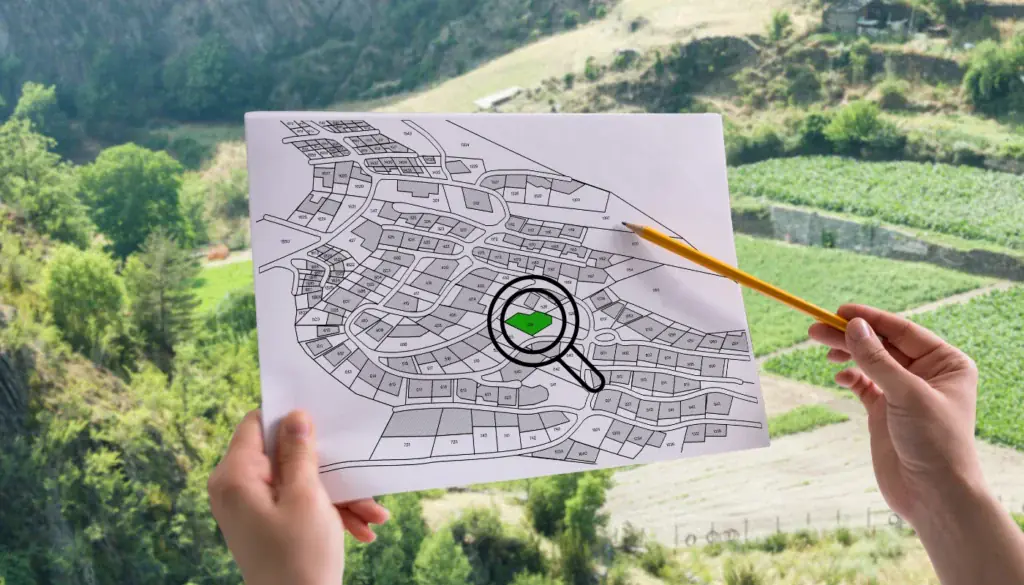Understanding land valuation is one of the first steps in knowing what your property is truly worth. Whether you’re thinking of selling, buying, or just curious, it helps to know what factors play a role in land pricing. It’s not just about size—things like utilities, comparable sales, and the shape of your land can all make a big difference.

How Utilities Affect Land Valuation
Access to utilities like water, electricity, and internet can increase the value of your land. If your land already has connections, it often makes life easier for a future buyer. On the other hand, land without utilities may be worth less, especially in areas where adding them is expensive.
For example, in parts of Central Texas, having a water well or septic system already installed can bump up the price. Buyers often see these as costly and time-consuming to add later. So when they’re already in place, your land may stand out.
Comparable Sales (Comps) and Pricing
One of the most reliable ways to figure out your land’s value is by looking at similar properties—this is called using comparable sales, or “comps.” If other pieces of land like yours have sold recently, their prices can give a good clue about what yours might go for.
Let’s say a few 5-acre lots sold near Brenham, Texas, for around $60,000 each. If your land is similar in size and location, that price point is a reasonable starting point. Of course, every property has its details, but comps help you stay grounded in the local market.
Topography Matters More Than You Think
Topography is the shape and slope of your land. Is it flat, hilly, rocky, or wooded? These features can change how people view your land—and how much they’re willing to pay for it.
In the Hill Country, for instance, steep land may look beautiful but might be harder to build on. Flat land near a road could be worth more simply because it’s easier to develop. Soil type also plays a role, especially if the buyer plans to use the land for farming or ranching.
Other Things That Can Affect Land Valuation
There are smaller but still important details that can impact land valuation:
- Zoning laws: Can the land be used for residential, commercial, or agricultural purposes?
- Access: Does the land have a road, easement, or public access?
- Flood zones: Is the land in an area that floods often?
Each of these adds up to paint a picture of your land’s potential and its price.
Why Land Valuation Is Not One-Size-Fits-All
Every piece of land is different. Two properties with the same number of acres can have different values. That’s why it’s important to look at your land as a whole, not just the price per acre.
Want help figuring out what your land is worth? Reach out anytime.
We’re here to help you understand your land and its potential, without pressure. Whether you’re planning to sell or just want to learn more, a conversation is a great place to start. Feel free to get in touch.
Photo by AndreyPopov